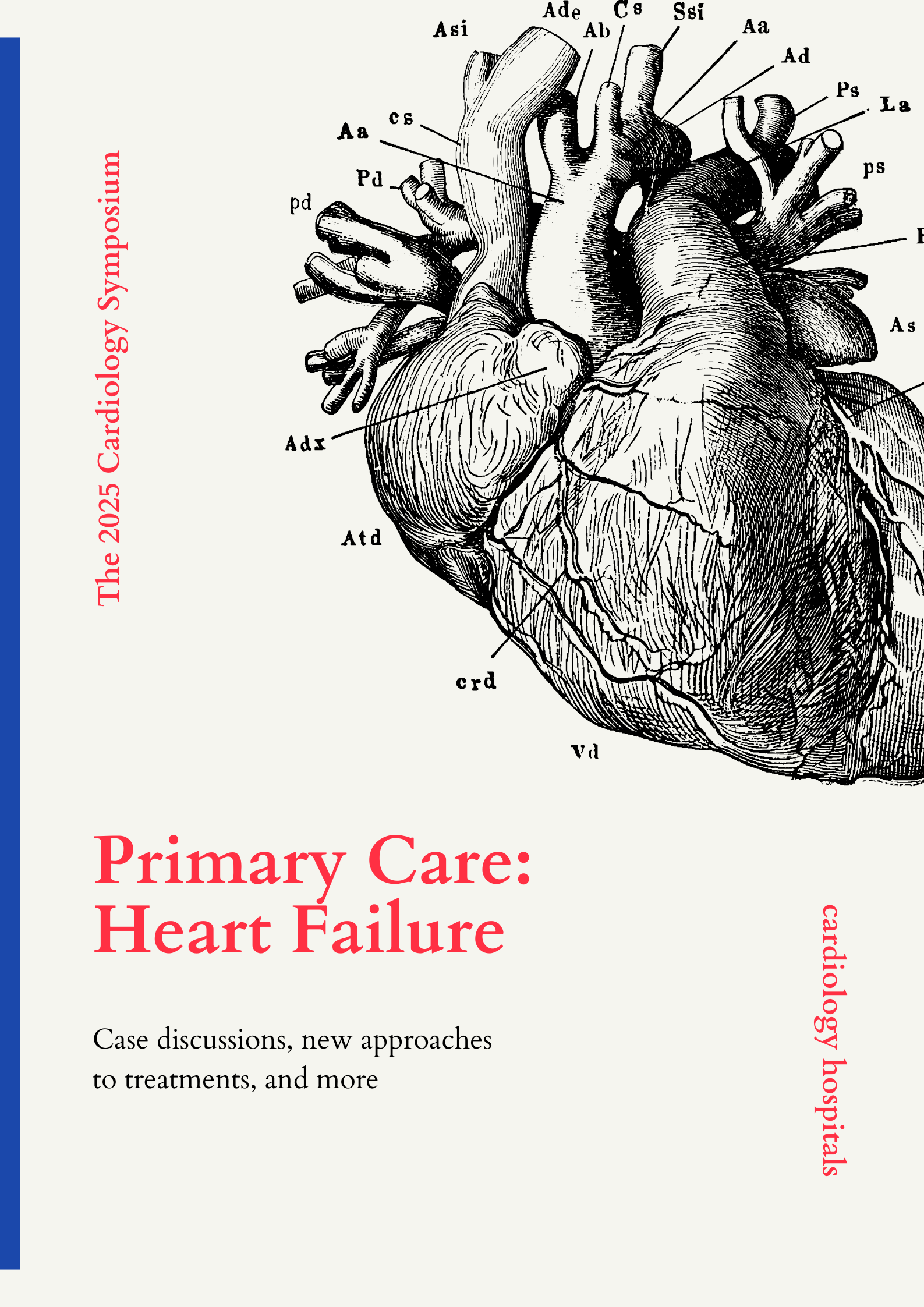Heart disease is often called a “silent killer” because many people don’t realize they have a problem until it’s serious—or even too late. That’s why recognizing early signs of heart trouble is essential. While symptoms can vary depending on the type of heart condition, there are some common warning signals that should never be ignored.
Here are the top 10 signs that you might have a heart problem:
1. Chest Pain or Discomfort (Angina)
This is the most well-known sign of heart issues. It may feel like pressure, tightness, squeezing, or burning in your chest. While not all chest pain is related to the heart, angina usually occurs with physical activity or stress and improves with rest.
Important: If chest pain lasts more than a few minutes or is severe, seek emergency medical help—it could be a heart attack.
2. Shortness of Breath
If you find it difficult to breathe during regular activities or even while lying down, it might be a sign your heart isn’t pumping effectively. Heart failure and coronary artery disease can both cause breathlessness.
Watch out for breathlessness that worsens with exertion or occurs while sleeping.
3. Unexplained Fatigue
Feeling constantly tired, especially after mild activity, can indicate a heart problem. This is more common in women with heart disease, particularly in the early stages of heart failure or after a silent heart attack.
Fatigue related to heart problems often feels different from normal tiredness—it’s deep and persistent.
4. Irregular Heartbeat or Palpitations
If your heart feels like it’s skipping a beat, fluttering, or beating too fast or slow, it could signal an arrhythmia. Some irregular heartbeats are harmless, but others can increase the risk of stroke or sudden cardiac arrest.
If palpitations are frequent, prolonged, or accompanied by dizziness, see a doctor.
5. Swelling in the Legs, Ankles, or Feet
When the heart isn’t pumping properly, blood can back up in the veins, causing fluid retention. This leads to swelling—often starting in the lower limbs. This is a key sign of congestive heart failure.
Persistent or worsening swelling is a red flag for heart-related fluid buildup.
6. Dizziness or Lightheadedness
Frequent dizziness or near-fainting spells may suggest a drop in blood pressure due to a weak or irregular heartbeat. This could be due to bradycardia, arrhythmias, or heart valve problems.
If you feel dizzy while standing, walking, or exerting yourself, consult a healthcare provider promptly.
7. Pain in the Arms, Jaw, Neck, or Back
Heart-related pain isn’t always felt in the chest. Some people experience discomfort in the left arm, neck, jaw, shoulder, or upper back—especially women.
These “referred pain” symptoms are often overlooked but may be signs of a heart attack.
8. Persistent Cough or Wheezing
A chronic cough, especially when producing white or pink mucus, can be a symptom of heart failure. Fluid leaks into the lungs when the heart is too weak to pump effectively.
Don’t dismiss a long-term cough, especially if accompanied by breathlessness or swelling.
9. Nausea or Indigestion-like Symptoms
Some heart attacks present with gastrointestinal symptoms like nausea, vomiting, or indigestion, especially in women. This can be mistaken for food poisoning or acid reflux.
If these symptoms are new, severe, or combined with chest pain or sweating, seek help immediately.
10. Cold Sweats
Sudden sweating for no clear reason—especially a cold, clammy sweat—can be a warning sign of a heart attack. It’s your body’s response to stress and reduced blood flow.
Sweating heavily without exertion or heat is a medical red flag.
Final Thoughts: Don’t Ignore the Signs
Many heart conditions develop gradually and may not show clear symptoms until serious damage is done. Knowing these signs can save lives.
If you experience more than one of the symptoms listed above—especially chest pain, breathlessness, and fatigue—it’s time to see a doctor. Early diagnosis and treatment can prevent complications and improve quality of life.
